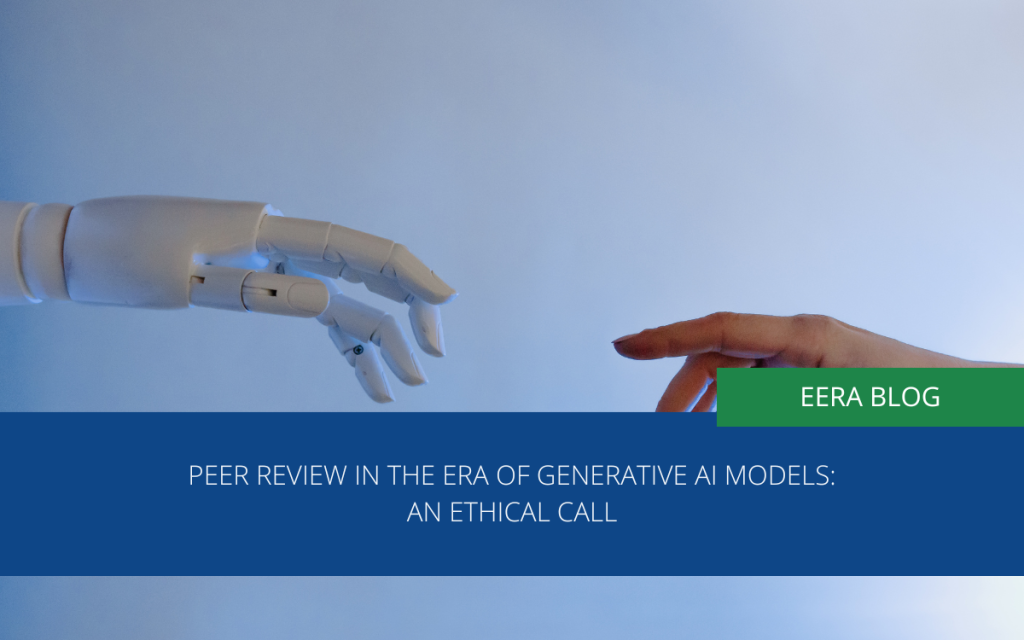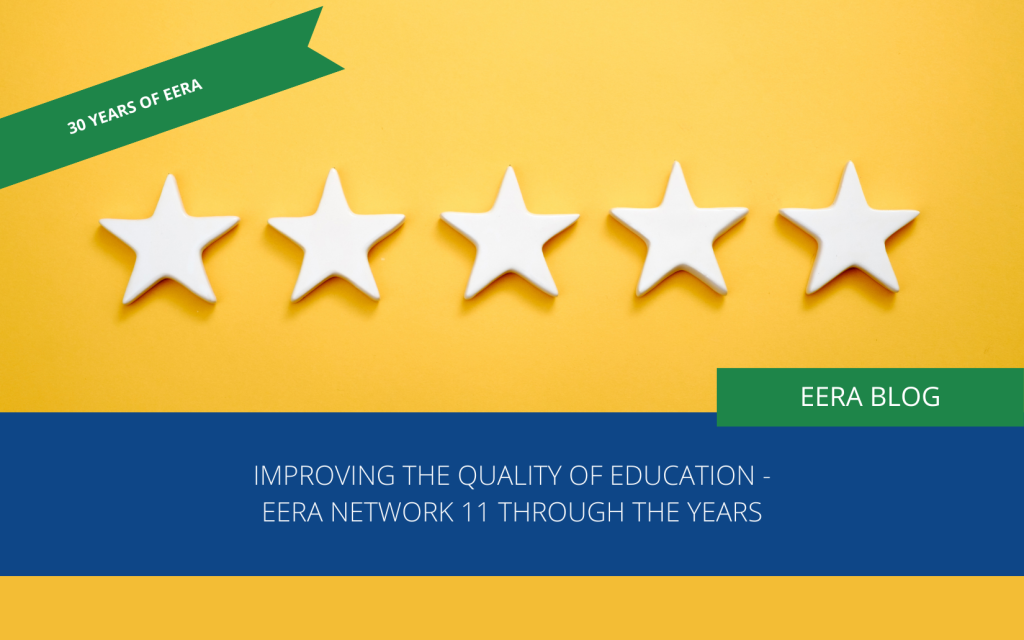Interview with Link Convenor 2019
Network Objectives
Network 11 aims to stimulate scientific research and academic discourse on definition, structure, implementation, assessment and impact of educational improvement and quality. Studies related to this network may refer to schools and other formal educational institutions, to supra-national or international organizations, to non formal educational agencies and to informal initiatives that promote or affect education.
Included Contents
Educational Institutions
Schools and other educational institutions, as essential active institutions where education is professionally promoted, are relevant institutions for research on effectiveness and quality assurance. There are many elements that could be studied in order to scientifically define what a true educational institution of quality is, besides the composition, structure and functioning of these institutions is shaped by many internal and external factors, so researchers will find a diverse and wide spectrum of themes to be considered in order to promote knowledge and improvement of educational effectiveness or such institutions’ quality assurance.
Educational Systems
Most institutions promoting education are inserted in other super-structures, usually known as educational systems, which provide resources, appoint professionals, shape frames and supervise educational implementation of politics on education. As main relevant, active and determining structures, the improvement of educational systems in general (and in particular countries) may be a theme to be researched by contributors to Network 11.
Supra-national/international Organizations
In addition some supra-national and international organizations define and supervise educational effectiveness and quality assurance with different perspectives and on particular geographical areas. The analysis of these contributions may also be researched in order to make evident their influence on educational improvement and quality assurance and to highlight successful approaches.
European focus
Although not exclusively, the European approach to quality of education, and its relationship with other non-European initiatives, is of particular interest to our network. Comparison of European education with the one offered in other diverse geographical and socio-political contexts is becoming progressively relevant to improve effectiveness and quality of European citizens’ and other people’s education. As a consequence, contributions offered by representatives of non European countries are very beneficial to collaborative efforts to promote education in Europe and in other contexts and to impel collaborative research on these matters.
Other Initiatives, non formal agencies
Apart from formal institutions, official organizations and public systems, there are other initiatives that may be effectively contributing to educational promotion and increase of education quality. One example are different companies and corporations who are sometimes implementing very solid and effective programmes of training and educating their own staff, members of other corporations and even particular professionals. Approaches, designs, implementation, results and impact of these initiatives may also be a theme for relevant studies with influence on educational quality assurance. But there is also a wide spectrum of non formal agencies who sometimes act in the field of education with important programmes and systematic initiatives. Their effect on educational quality promotion may also be relevant to be presented and discussed in Network 11. Also debates and discussions on studies dedicated to informal initiatives that implement particular activities having direct or indirect effect on education may be included in Network 11 discussions.
Related Posts on the EERA Blog

In the aftermath of teacher burnout, a critical phase is often overlooked - the return to the classroom. We look at how school leadership and colleagues can provide support.
The post Teacher burnout: Lessons from the aftermath and what helps teachers thrive again appeared first on EERA Blog.

The emergence of generative AI models, such as ChatGPT, is significantly impacting various facets of society, including research and academia. Given their ability to generate human-like text based on input data or prompts, generative AI models have profound implications for the academic community. These implications entail ethical and societal challenges within the peer review process, raising questions about the potential role of such models.
The post Peer review in the era of generative AI models: An ethical call appeared first on EERA Blog.

To celebrate EERA's 30th anniversary, Dr Gento takes a look at the activities of Network 11 to improve the quality of education, within EERA and in the wider educational research community.
The post Improving the quality of education – EERA Network 11 through the years appeared first on EERA Blog.
NW 11 runs a mailing list and invites researchers to join. To join the mailing list, send a blank message to nw11-subscribe(at)lists.eera-ecer.de
Interview with Link Convenor 2019
Subthemes for submissions
- Approaches, theories and models of quality and its incidence on educational institutions, agencies and initiatives
- Supra national and international agencies contributing to education and its effectiveness or quality
- European approach and materialization of educational effectiveness and quality
- Quality of educational systems
- Quality and effectiveness assurance at district, region or country level
- Quality of educational institutions
- Organization, planning and other factors determining quality of education and of its institutions